The latest news from Eawag
Refine search
Refine search
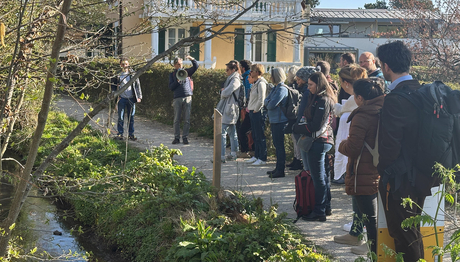
The cities of the future are blue-green
July 3, 2025
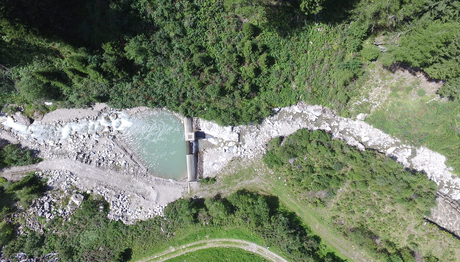
How much water is left for nature? – The search for the ...
July 2, 2025

Underground microbial life more stable than expected
July 1, 2025
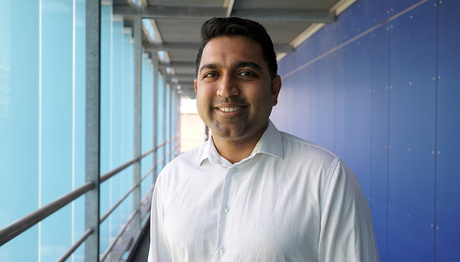
Abishek Narayan becomes a member of the Swiss Young ...
June 26, 2025
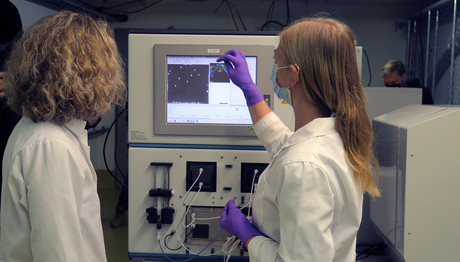
Early detection for wastewater treatment plants
June 17, 2025
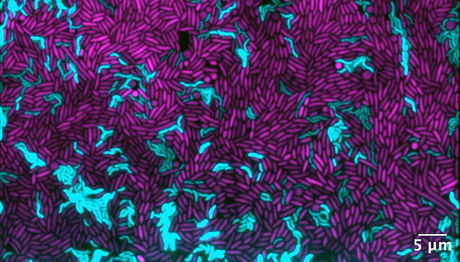
Bacteria eat bacteria
June 12, 2025
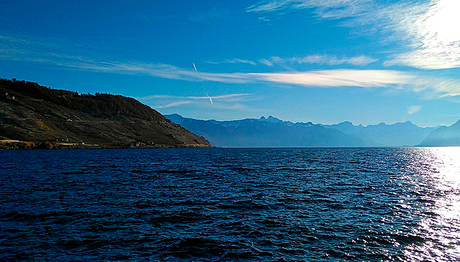
Cold shock in Lake Geneva – Alplakes shows why
June 10, 2025
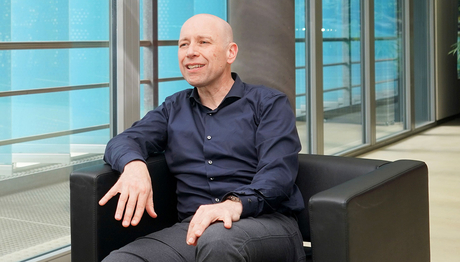
Thomas Hofstetter appointed as Adjunct Professor
May 22, 2025
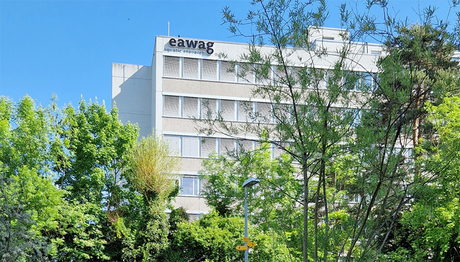
International day for Biological Diversity
May 22, 2025

Earthworms avoid tyre abrasion
May 21, 2025
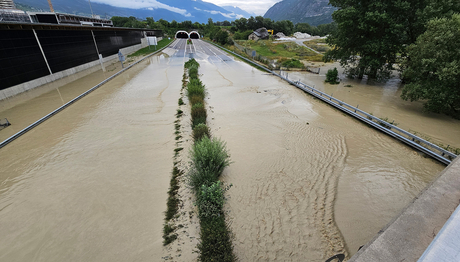
Review of the 2024 water policy
May 13, 2025
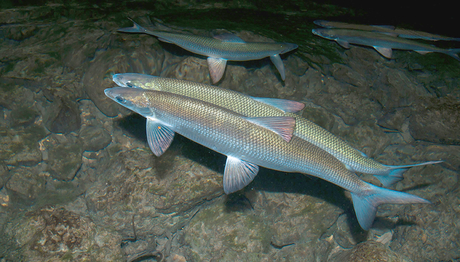
Exceptional diversity of whitefish
May 9, 2025
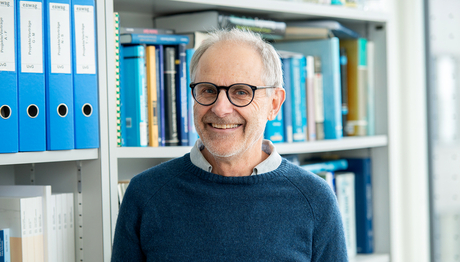
Water chemist Urs von Gunten retires
May 8, 2025
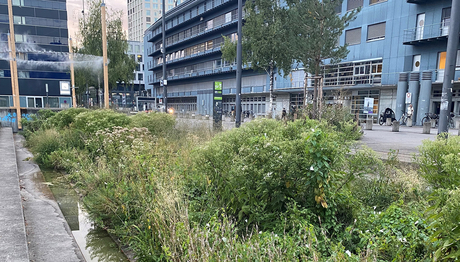
Green roofs and ponds as networks
April 15, 2025
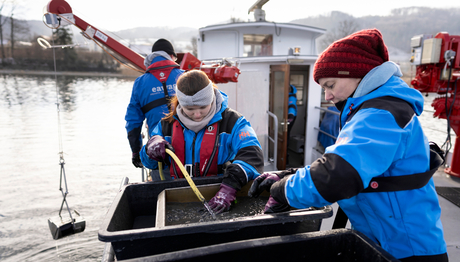
Gaining time in the fight against the quagga mussel
April 8, 2025
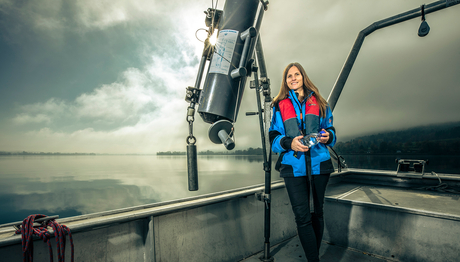
Blue-green algae: every lake is unique
April 3, 2025
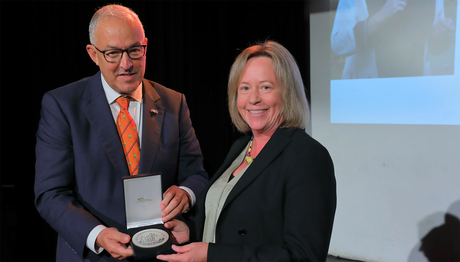
11th International Steven Hoogendijk Award (ISHA) goes ...
September 26, 2024

